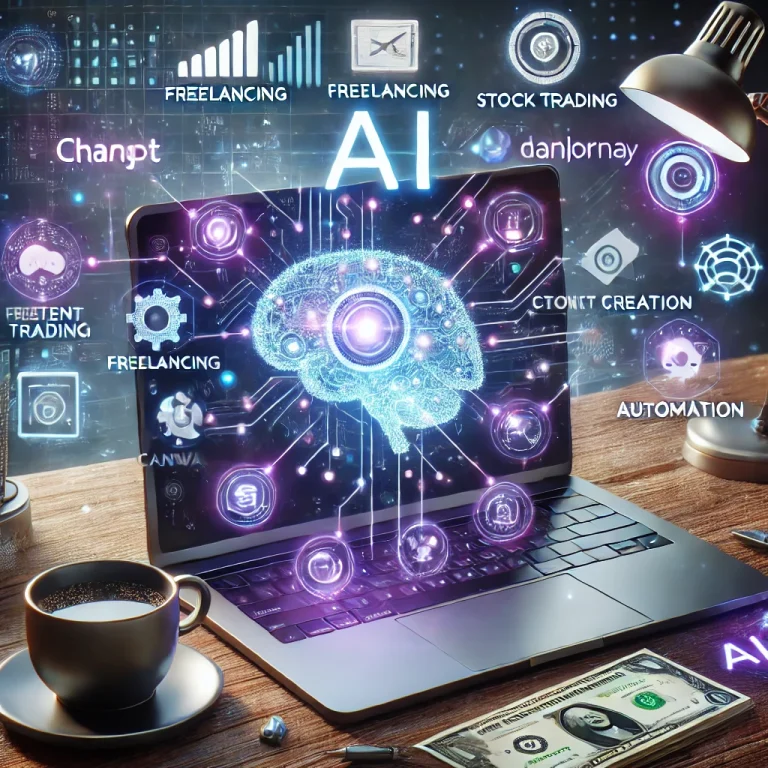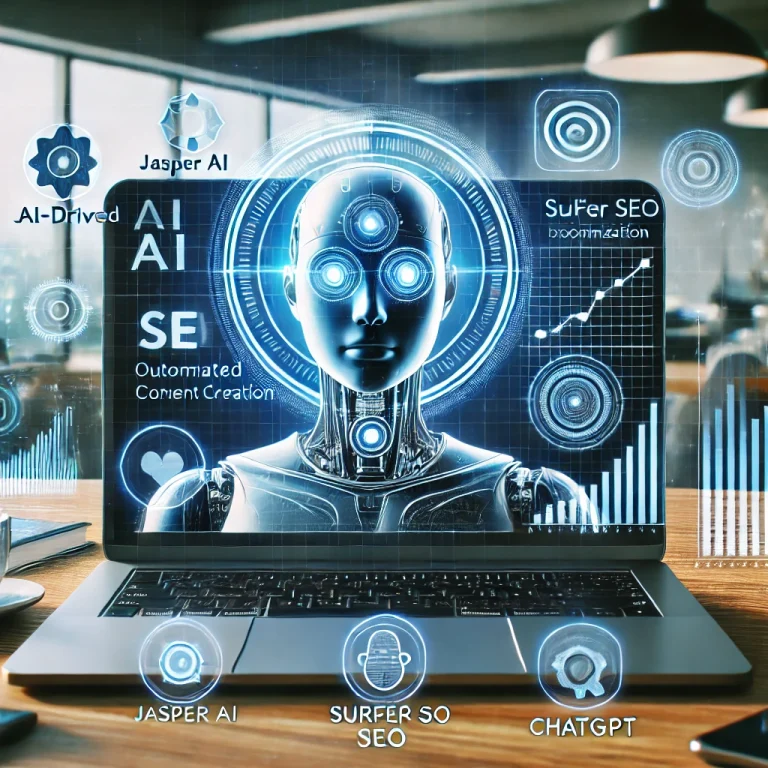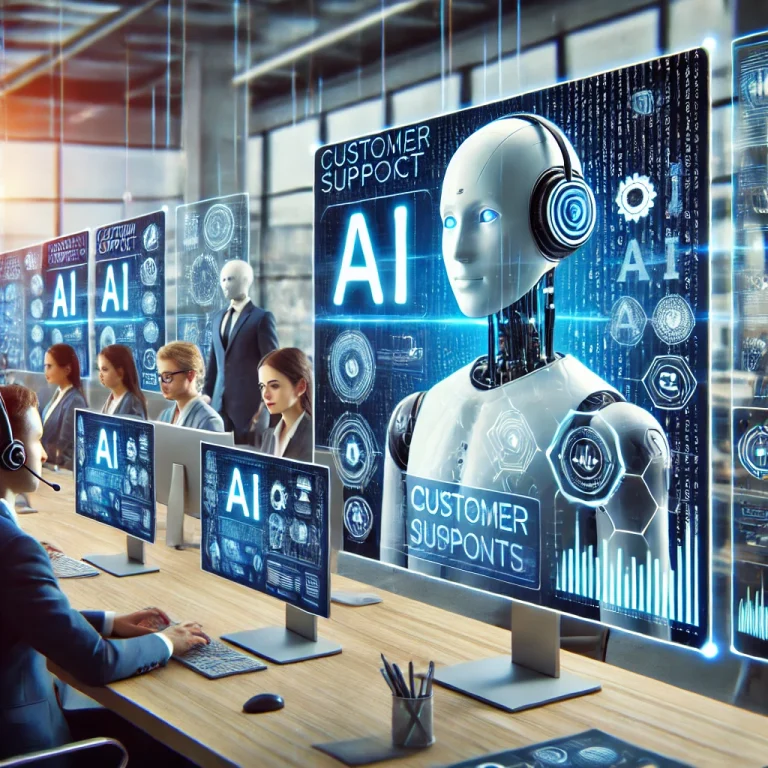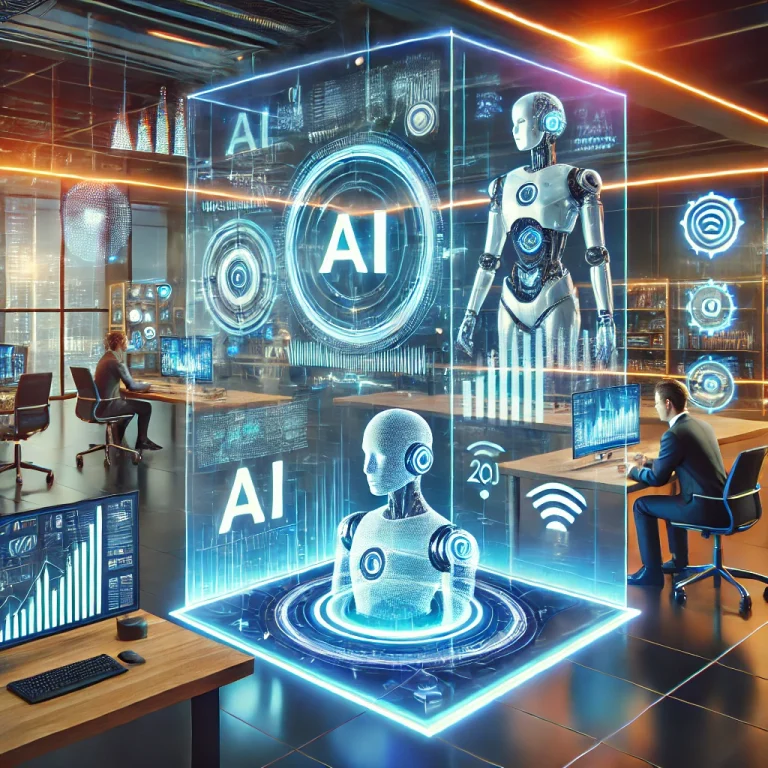Agent Operators: How AI Agents Are Revolutionizing Online Businesses
Introduction
The rapid advancement of artificial intelligence (AI) has brought significant transformations across industries, with online businesses witnessing one of the most profound impacts. One of the most revolutionary developments in this space is the emergence of Agent Operators—intelligent AI-driven systems designed to automate complex tasks, optimize operations, and enhance customer experiences.
In this research-based article, we will delve deep into how AI agents are revolutionizing online businesses, explore real-world applications, examine market trends, and analyze their future potential. We will support our analysis with data-driven insights, tables, charts, and flow diagrams to provide a comprehensive understanding of this technology.
What Are Agent Operators?
Agent Operators are AI-powered software entities capable of performing complex business operations with minimal human intervention. They function as digital workforce members, handling repetitive tasks, customer interactions, data processing, and decision-making.
Types of AI Agents in Online Businesses
- Conversational AI Agents – Chatbots, voice assistants, and virtual customer service representatives.
- Automation Agents – Handle administrative tasks such as scheduling, invoicing, and data entry.
- Recommendation Agents – Personalize user experience through AI-driven product suggestions.
- Trading and Negotiation Agents – Used in financial markets, eCommerce, and B2B transactions.
- Monitoring & Security Agents – Analyze security threats, detect fraud, and ensure compliance.
Key Features of Agent Operators
| Feature | Description |
|---|---|
| Autonomy | Operates independently with minimal supervision |
| Machine Learning | Improves performance over time through experience |
| Natural Language Processing (NLP) | Understands and responds to human queries efficiently |
| Data Analytics | Analyzes large data sets to extract valuable insights |
| Decision-Making | Makes real-time, data-driven decisions |
How AI Agent Operators Are Transforming Online Businesses
1. Enhancing Customer Service
AI-powered chatbots and virtual assistants can handle 80% of routine customer queries, significantly reducing the workload on human support teams.
Impact of AI Agents on Customer Support
| Metric | Traditional Support | AI-Powered Support |
|---|---|---|
| Response Time | 5–10 minutes | Instant |
| 24/7 Availability | No | Yes |
| Cost Per Inquiry | High | Low |
| Scalability | Limited | Unlimited |
📊 Chart: AI Agent Usage in Customer Support Over Time I’ll generate a bar chart showing the adoption of AI agents in customer support from 2015 to 2025.
Adoption of AI Agents in Customer Support (2015-2025)

2. AI-Driven Marketing and Sales Optimization
AI-powered agents automate marketing campaigns, personalize advertisements, and analyze customer behavior to improve conversion rates.
AI Applications in Marketing
- Automated Email Marketing – AI segments audiences and schedules personalized emails.
- Predictive Analytics – AI analyzes purchase history to predict future buying patterns.
- Chatbots for Sales – AI-driven chatbots engage customers and assist in purchase decisions.
📊 Flowchart: AI in Sales & Marketing Funnel I’ll generate a flowchart that outlines how AI agents improve the marketing and sales funnel.
AI in Sales & Marketing Funnel
3. AI-Powered E-commerce Automation
AI agents are revolutionizing eCommerce by automating inventory management, dynamic pricing, and customer experience.
Key AI Use Cases in E-commerce
| AI Feature | Function |
|---|---|
| Dynamic Pricing | AI adjusts prices based on demand and competitor pricing |
| AI-Powered Chatbots | Provides instant responses to customer inquiries |
| Product Recommendations | Suggests products based on user preferences |
| Automated Inventory Management | Prevents stockouts and overstocking |
📊 Chart: AI’s Impact on E-commerce Revenue Growth I’ll generate a line chart showing how AI has contributed to e-commerce revenue growth over the past decade.
Impact of AI on E-commerce Revenue Growth (2014-2024)
4. AI Agents in Financial & Fraud Prevention
AI-powered fraud detection systems are essential in financial transactions, ensuring security and compliance.
AI’s Role in Fraud Detection
- Real-time transaction monitoring
- Anomaly detection in banking and e-commerce
- Automated compliance checks
- Predictive analytics for risk management
📊 Table: AI Fraud Detection vs. Traditional Methods
| Feature | Traditional Methods | AI-Powered Fraud Detection |
|---|---|---|
| Speed | Manual & slow | Real-time detection |
| Accuracy | Higher false positives | Lower false positives |
| Scalability | Limited | Highly scalable |
| Adaptability | Rule-based | AI learns new fraud patterns |
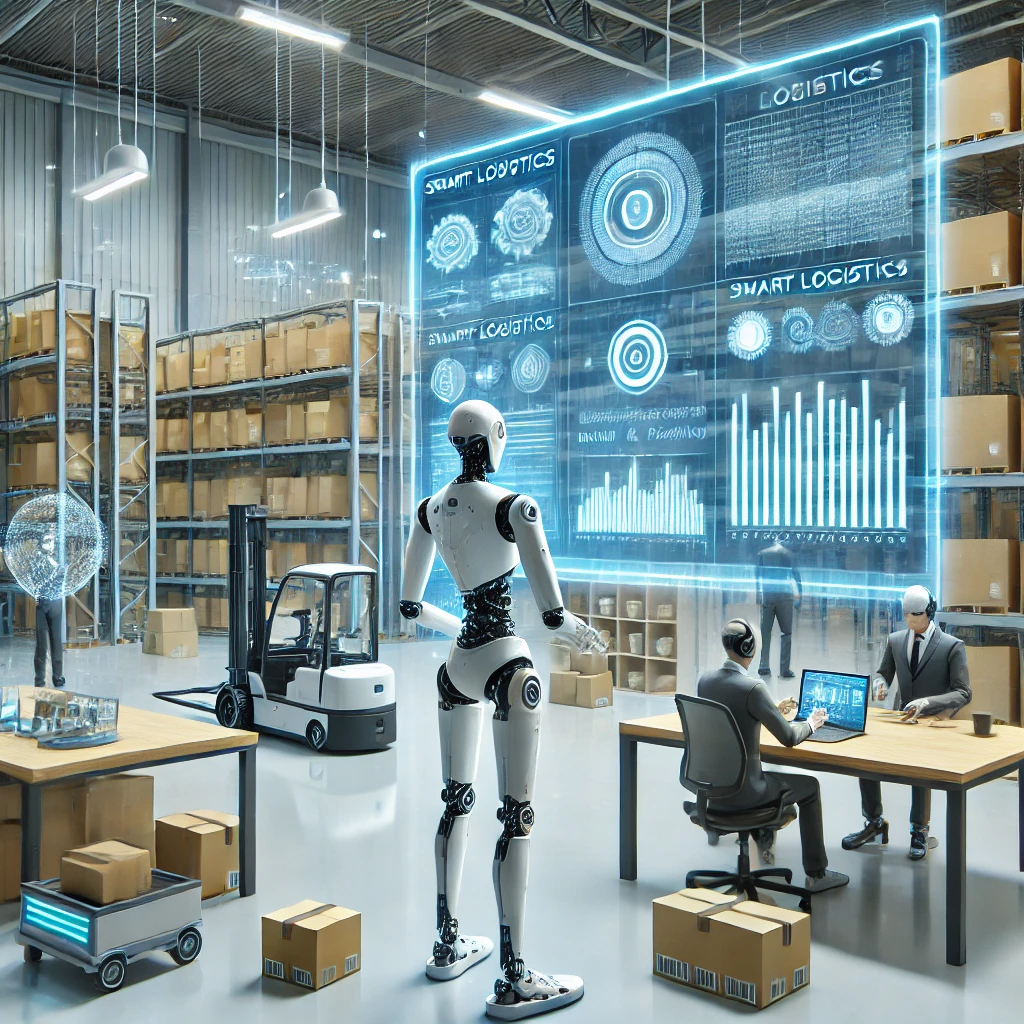
Future of AI Agent Operators
The future of AI agents in online business is exponential, with advancements in GPT-like AI models, Autonomous AI agents, and AI-powered robotics.
📊 Future AI Trends in Online Businesses
| Year | AI Trend |
|---|---|
| 2025 | AI-driven autonomous eCommerce platforms |
| 2027 | Fully AI-powered financial decision-making |
| 2030 | 90% of online businesses using AI agents |
Potential Challenges
- Ethical concerns around AI decision-making.
- Data privacy and compliance risks.
- Workforce displacement due to automation.
Conclusion
AI Agent Operators are fundamentally transforming online businesses, making operations more efficient, cost-effective, and scalable. From customer support to fraud detection, marketing automation, and eCommerce, these intelligent systems are reshaping the digital landscape.
As AI continues to evolve, businesses must strategically integrate AI agents while addressing ethical and privacy concerns. The key to future success lies in balancing AI automation with human intelligence to create a synergistic business environment.
📌 Final Thought: Businesses that fail to adopt AI agent operators risk becoming obsolete, while those embracing AI gain a competitive edge in the digital economy. 🚀

